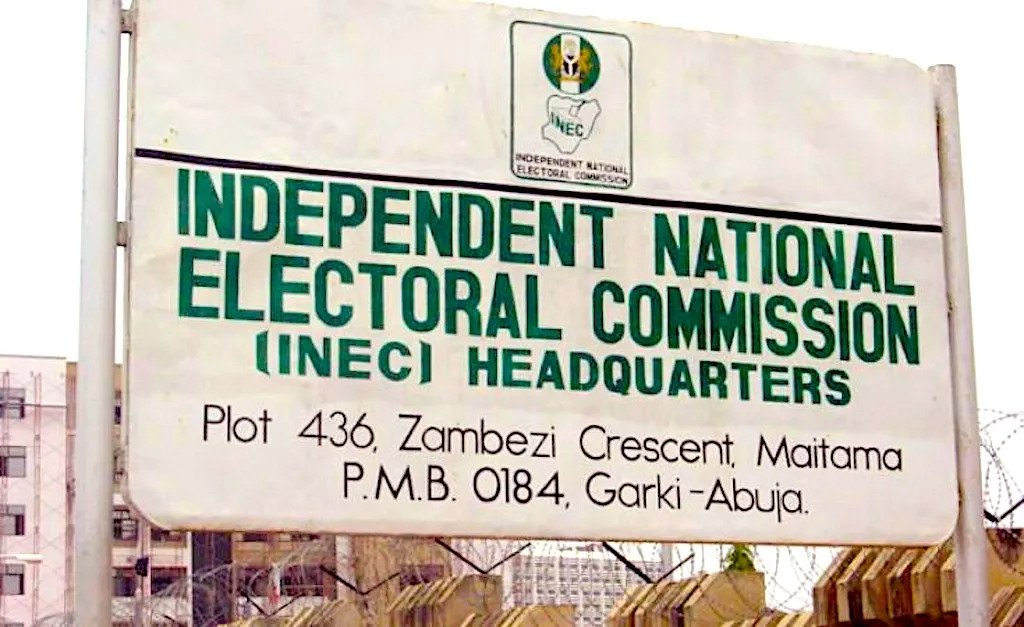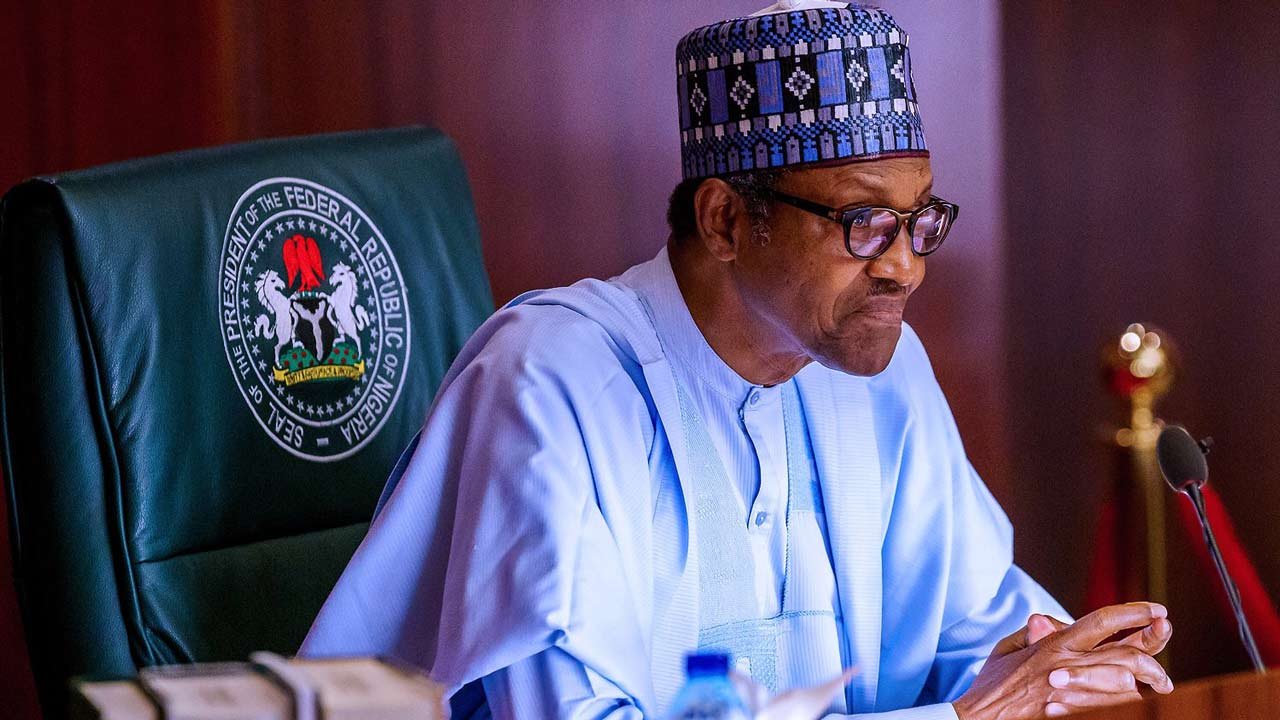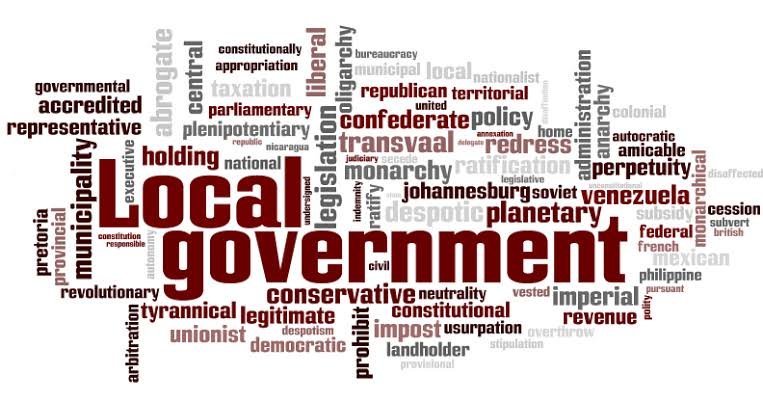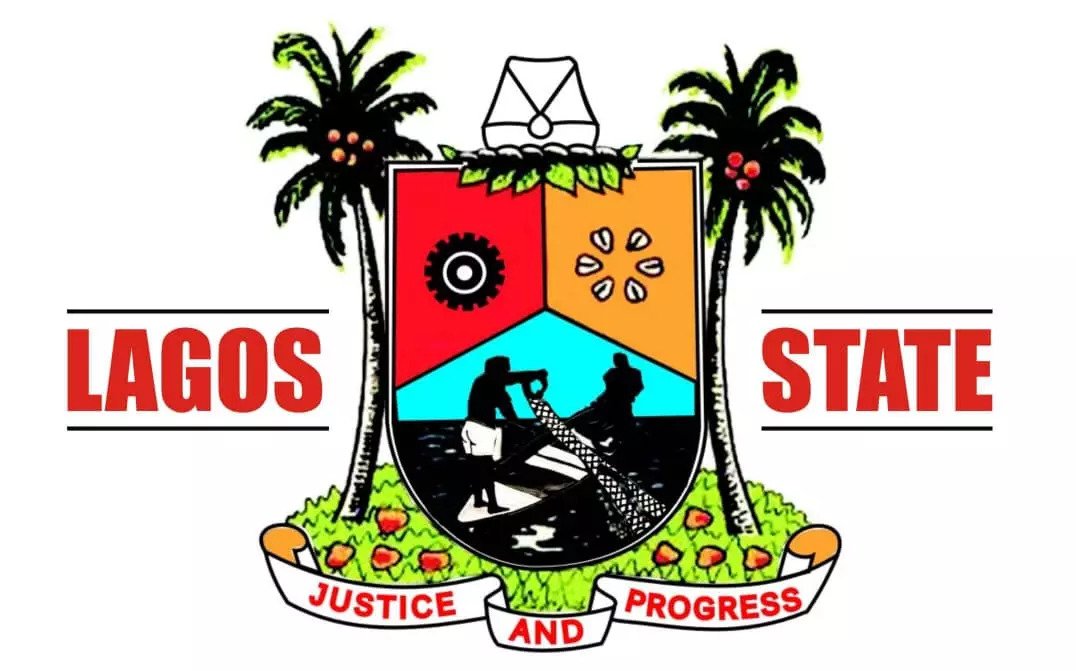Nnamdi Kanu Biography, Age, Net Worth, Wife, Children

Nnamdi Okwu Kanu is a British-Nigerian activist. He’s best known for leading IPOB — a group that wants the southeast of Nigeria, called Biafra, to become its own country.
People can’t stop talking about him in Nigeria’s biggest political fights — stuff like ethnicity, history, and secession. In this Nnamdi Kanu bio, I’ll break down his story — how he grew up, went to school, built his career, and got into activism. We’ll also look at his personal life, that is, his wife, kids, brother, and what really makes him such a controversial person.
Early Life and Background
Nnamdi Kanu was born on September 25, 1967. That was just a few months after the Biafran war began. He’s from Isiama Afara Ukwu, Umuahia, in Abia State, Nigeria.
His father, Eze Israel Okwu Kanu (JP), and mother, Ugoeze Nnenne Kanu, were traditional monarchs in their community, giving Kanu a background of Igbo nobility and cultural roots.
Kanu grew up in a region where the Biafran War left deep scars. His family talked politics all the time. And Kanu? He never stopped asking—who are we, what happened, and why are we treated this way?
He started out at Library Avenue Primary in Umuahia. Then he moved on to Government College, Umuahia, for high school.
Apparently, Kanu moved to the UK later on. He had started Uni in Nigeria but left because of some academic issues.
Education
After finishing high school in Umuahia, Kanu went to the University of Nigeria, Nsukka (UNN), to study economics.
Clearly, those strikes and other issues in Nigeria made him head to the UK for more school.
While full details of his degree completion remain somewhat opaque in public records, multiple sources indicate he attended London-based institutions and later acquired British citizenship.
Kanu’s exposure to both local Igbo/Nigerian culture and international UK experiences gave him a platform to engage with diaspora networks and Nigerian politics.
Early Career and Media Experience
Kanu initially worked in Nigerian media. He worked as a broadcaster with Radio Nigeria and a few other stations. This provided him with experience in public communication and media advocacy. (Yes, some sources mention it, but there’s not much proof to back it up.)
Over in the UK, it’s either that he started the Radio Biafra station or that he only ran the station back in 2009. It aired pro-Biafra issues and really boosted his name among Igbo people, both at home and abroad.
That media spotlight changed everything for Kanu. He wasn’t just another political activist anymore.
It put him out there. He suddenly had the power to create content. And he could rally people too.
Activism and Founding of IPOB
Around 2012, Kanu started the Indigenous People of Biafra (IPOB) to get Biafra back and help the Igbo people who felt left out in Nigeria.
IPOB mixes things up — peaceful protests, civil disobedience, online campaigns, even TV and radio. Kanu liked the calm route, kind of like Gandhi or Martin Luther King Jr.
His leadership style polarises with many Igbo youth and diaspora members viewing him as a champion of Igbo rights. Critics, on the other hand (including the Nigerian government), accuse him of promoting division and secession.
Arrest, Detention and Legal Battles
Kanu’s activism got the attention of Nigerian security.. On 14 October 2015, he was arrested in Lagos by the Department of State Services (DSS) on charges of treasonable felony, terrorism and illegal possession of firearms.
His arrest brought about huge protests in southeastern Nigeria. People were angry about alleged human rights abuses and secret court proceedings.
In April 2017, he got out on bail because of health issues, but he still had to follow some tough rules.
Following a military raid on his home in September 2017, Kanu fled Nigeria while on bail. He reportedly re-emerged in Israel in 2018, according to multiple reports, but his exact status remained a subject of speculation and controversy.
Kanu got nabbed in Kenya in June 2021 and sent back to Nigeria. But, how it all went down is still a mystery, with some human rights activists calling it “extraordinary rendition.”
In December 2023, the Nigerian Supreme Court reinstated terrorism charges against him.
During this time, his case brought attention to problems with fair trials, extradition, national security, and ethnic politics in Nigeria.
Biafra Agitation
Kanu’s leadership of IPOB made him the face of the renewed Biafra agitation. He used rhetoric centred on Igbo historical grievances, secessionist vision and diaspora mobilisation. His broadcast station, Radio Biafra, was IPOB’s main way of getting its message out.
In 2020, he launched the Eastern Security Network (ESN). IPOB said it was a self-defence group for people in the southeast. The move raised tensions with the Nigerian government.
To some, Kanu stands for the Igbo youth’s struggle for fairness and respect. To others, he’s a threat to Nigeria’s unity and peace. That mix makes his story complicated and divisive.
Wife, Children and Family

Kanu is married to Uchechi Okwu Kanu, a lawyer from Abia State, and they have two sons. He has a younger brother, Emmanuel Kanu, who is also active in IPOB. (Details beyond this are limited due to his tight control of personal-life publicity.)
Religiously, Kanu has described himself as believing in Judaism and often appears in court wearing Jewish religious garb—a feature that attracted significant media attention.
Even though he’s in the public eye, Kanu keeps his family life low-key. He likes to stay private.
Nnamdi Kanu Net Worth
Precise details of Kanu’s net worth and assets are unverified. Some sources estimate his net worth to be around US$10 million-13 million. That figure is from IPOB fundraising and media operations rather than publicly certified financial disclosures.
He is believed to own properties in Nigeria and abroad and to have used funds to support Radio Biafra and IPOB operations; however, formal evidence is scant, and the subject remains speculative.
Given the sensitivities of his activism and legal status, Kanu’s financial footprint is opaque and should be treated cautiously.
Public Perception, Controversies, Criticisms
Kanu’s image splits opinions. To his supporters, he stands for Igbo pride. whereas his critics see him as a troublemaker, stirring tensions and disturbing the country’s unity.
He’s been accused of hate speech, stirring violence, and mishandling of IPOB’s money. In 2021, the federal government of Nigeria even tagged IPOB a terrorist group, citing ESN’s actions.
His advocacy style is something some people are not comfortable with. The use of media, reaching out to the diaspora and holding public rallies, it’s got people talking. Some believe he’s skipping the usual political process and doesn’t want to be accountable.
But his case is beyond that. It’s about minority rights, federalism, state power, and free speech in a democracy.
Legacy and Continuing Influence
Even with his trial going on, and no one sure of what’s next, Kanu’s influence cannot be pushed aside just like that:
- The Biafran issue is back on the world stage. People in the diaspora are paying more attention. Social media is keeping it alive.
- Igbo youth activism has been energised, partly through IPOB’s messaging.
- Nigerian state-society relations in the southeast are under renewed spotlight, including issues of marginalisation, security, federal structure and identity.
- His case is a test for the country’s judiciary, extradition practices and human-rights commitments.
Whether Kanu becomes a major player, stays a rebel, or fades away, his impact on Nigeria’s scene will never be forgotten.
FAQ: Nnamdi Kanu
Who is Nnamdi Kanu?
Nnamdi Kanu is a Nigerian-British political activist and the leader of the Indigenous People of Biafra (IPOB), advocating for the independence of Biafra.
When and where was Nnamdi Kanu born?
He was born on September 25, 1967, in Isiama Afara, Abia State, Nigeria.
What is Nnamdi Kanu’s educational background?
He attended the University of Nigeria, Nsukka, and later earned a degree in Political Science and other qualifications in media and business.
How did Nnamdi Kanu become the leader of IPOB?
He founded IPOB in 2012, gaining prominence through activism, radio broadcasts, and social media campaigns for Biafran independence.
What are Nnamdi Kanu’s political beliefs and goals?
He advocates for the secession of Biafra from Nigeria, emphasizing self-determination, human rights, and political autonomy for the Igbo people.
Who is Nnamdi Kanu’s wife and how many children does he have?
He is married to Ifeoma Kanu, and they have two children.
What is Nnamdi Kanu’s current net worth?
Estimates of his net worth range around $3–5 million, mainly from business ventures and donations supporting his activism.
What legal challenges has Nnamdi Kanu faced?
He has faced multiple arrests, charges of treason, and legal battles with the Nigerian government over his activism and separatist activities.
How has Nnamdi Kanu influenced the Biafra movement?
He has revitalized the Biafra independence movement, mobilizing international attention and inspiring activism among Igbo youth.
What is Nnamdi Kanu’s current status and where is he now?
As of 2025, he is active in advocacy, though his exact location is subject to security and legal considerations.
Article updated 3 months ago ago. Content is written and modified by multiple authors.









